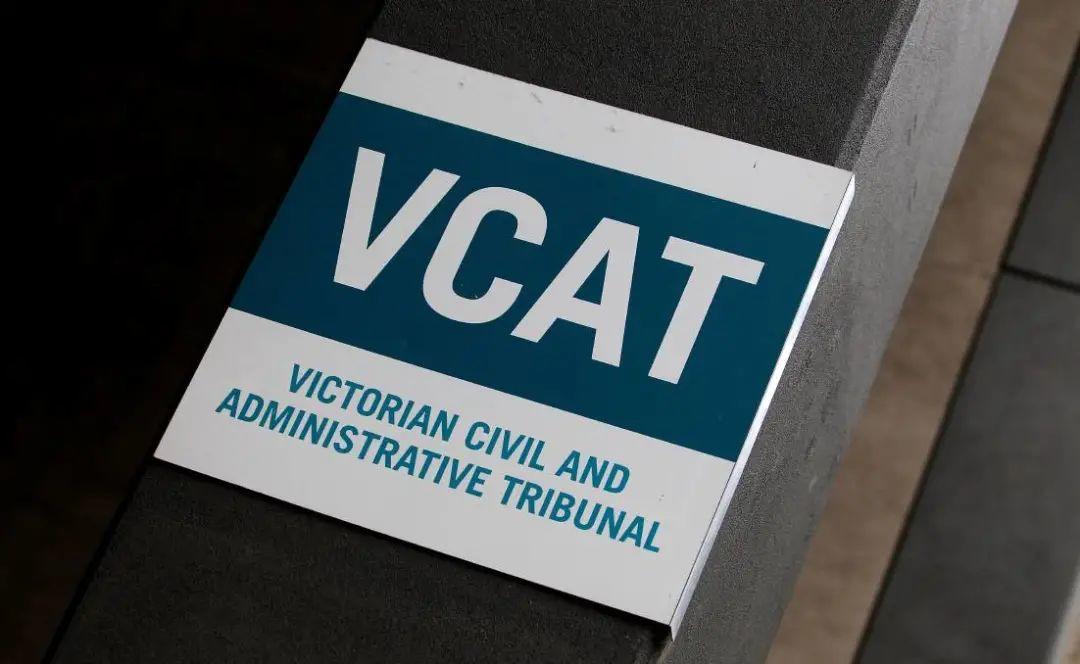When your child encounters bullying or discrimination at school,
what can you do as a parent to protect your children’s rights?
Racial discrimination and bullying in schools have always been serious issues globally, especially in western countries. There is a large amount of evidence showing that school bullying will have a serious negative impact on social skills, personality development and mental health of the child. Therefore, parents should pay great attention to and deal with any incidents of racial discrimination or school bullying in a timely manner. In recent years, bullying and racial discrimination issues in schools have been taken more seriously around the world. The Victorian Government has implemented various anti-bullying schemes to prevent and eliminate bullying and racial discrimination in schools. In this article, we will discuss what parents can do to defend their children’s rights when facing bullying or racism at school.
https://www.education.vic.gov.au/about/programs/bullystoppers/Pages/default.aspx
Bullying is an ongoing and deliberate misuse of power in relationships through repeated verbal, physical and/or social behaviour that intends to cause physical, social and/or psychological harm. It can involve an individual or a group misusing their power, or perceived power, over one or more persons who feel unable to stop it from happening.

+ + + +
Kids Helpline | 1800 551 800
- Victorian Equal Opportunity and Human Rights Commission
- Australian Human Rights Commission
- Victorian Civil and Administrative Tribunal (VCAT)

Tips
Disclaimer
This article is only a general guide and does not apply to readers’ individual cases. Based on the information provided, readers should not make any legal decisions without seeking professional legal advice from an Australian Legal Practitioner. Fumens Lawyers hereby declares that readers who refer to this article do not constitute a lawyer-client relationship with our firm, therefore, Fumens Lawyers will not be liable for any losses caused as a result of relying on the information contained within this article.
Fumens Lawyers
Wendy Wang
Principal
Casey Chow
Associate
Nick Zheng
Associate





